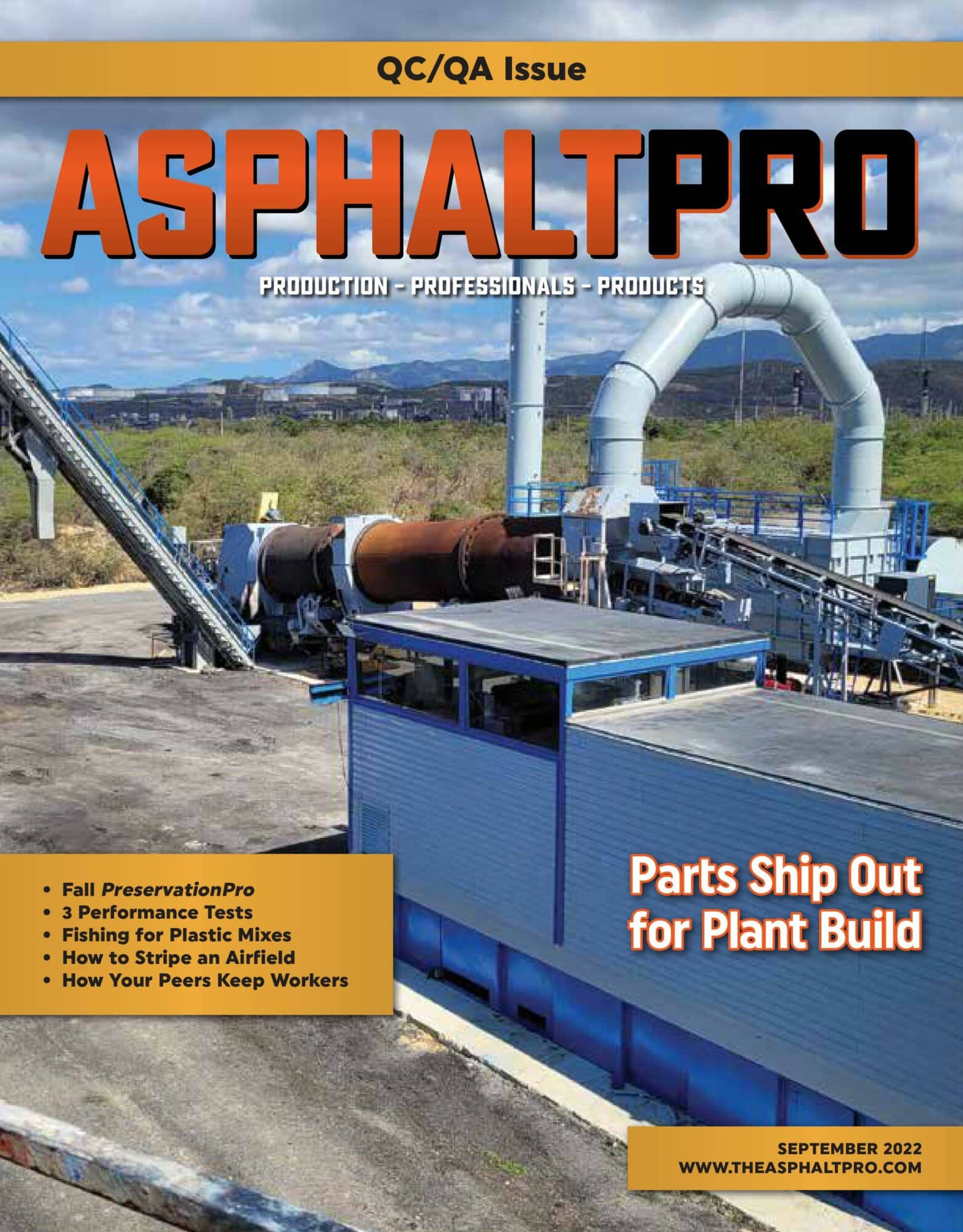Aug 30, 2022
Risk in the Time of Suicide
BY Sandy Lender

During a recent interview, a company spokesperson suggested I rethink my idea of encouraging crewmembers within construction companies be empowered to talk to one another about the potential for suicide. The spokesperson’s fear—which I understand—was company liability considering HIPPA violations inherent in such conversations. I also understand we’re talking about a potentially lifesaving conversation to inquire of a colleague if he or she is in crisis or if he or she is considering an act of violence against himself or herself.
Perhaps it’s time to have an editorial note about the goals of a safety culture that considers the whole person. And timing that note with September’s Suicide Prevention Month works for me.
While preparing information for the National Asphalt Pavement Association’s safety and health committee’s push for mental health wellness and suicide prevention in the construction industry, I have had the opportunity to take courses for certification in suicide prevention. These courses have afforded me a better understanding of the risk factors to watch for in colleagues, family, friends, myself, and others. Now I know acceptable, non-judgmental language to use to approach and visit with those persons in a helpful manner. This is an underlying skill set that I believe every person in our industry should have.
If that makes human resources directors nervous about potential litigation, then I believe the companies for which they work should purchase additional legal insurance and get a lawyer on retainer. Because the construction industry overall has a significant problem: Many of our workers are in crisis. To solve that problem, we must all be willing to help one another. I refuse to recognize a friend in the industry is suffering and walk away to find the nearest HR manager—who my friend may or may not be as willing to open up to—because someone else thinks I’m exposing the company to invasion-of-privacy concerns. Personally, I’d be more unhappy if a co-worker went to HR and tattled about perceptions of me rather than walking up to me and saying, “Hey, Sandy, it looks like you’re about to break down. How can I help prevent that?”
The problem of ignoring mental health wellness in macho industries like ours is real. Seeing members of the construction community rally around solving the problem has been heartening; therefore, I don’t want to present my worries in too flippant a manner.
Just because some folks who have endured the litigious side of society are being cautious doesn’t mean they’re being callous. It means they’re being careful and looking at multiple sides of the issue for us. I’d like to hear more opinions on this. I want to learn alongside you as we develop plans to help the workers who may be struggling with any of the suicide risk factors we’re being trained to pick up on.
Let me ask this favor of you: Tell me what you think.
Would you rather have members of your crews trained to notice suicide risk factor behavior in one another and to approach one another to assist, or would you rather have your safety director and/or upper management be the ones trained in intervention for the purpose of protecting your company from any perceived health information violations?
I know that I would rather each member of the crew be able to approach any person he or she is most comfortable approaching to say, “Hey, I’m having some mental anguish and I can’t concentrate on this 16,000-pound machine I’m supposed to be operating next to high-speed traffic.” I would prefer the potential for someone to misunderstand motivations and feel their health privacy has been shared incorrectly, than to having the person zoning out and trying to power through his or her shift until he or she can get back to the shop to walk into the office of the company-approved crisis management officer, with everyone watching.
But have I oversimplified the problem? Have I made it too cut and dry? Let me know your thoughts, because I’m working with a safety-oriented entity to prepare for NAPA’s website a course that will train your workforce (for free) to recognize the signs and help one another. If that isn’t desired—if that will expose you to litigation you don’t want—then now is the time to re-think the training.
Visit the National Asphalt Pavement Association’s new page with resources related to mental health and suicide prevention in the construction industry.